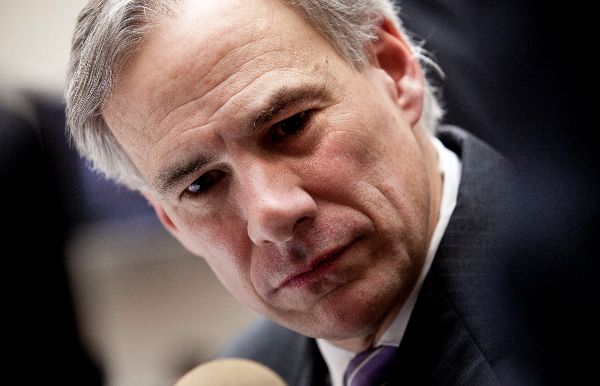Potential Prosecution of International Election Monitors in TX

International Election Monitors: The OSCE and ODIHR
The OSCE is the Organization for Security and Co-operation in Europe. As the world's largest regional security organization, with a membership of 56 States, it addresses security-related concerns encompassing potential problems with elections, globally. Although it has legitimate authority, its decisions are not legally binding. The mission of the OSCE, among others, is to enhance transparency in elections around the world, including the United States. Its goal is to help its participating States “build democratic institutions” and “hold free, fair and transparent elections.”
The ODIHR is the Office for Democratic Institutions and Human Rights, which works in conjunction with the OSCE. The ODIHR “deploys election observation missions to OSCE participating States to assess the implementation of OSCE commitments relating to elections.” As an OSCE/ODIHR participating state, the United States is subject to election observation missions. The United States has not been required by OSCE to have its elections observed, but instead the United States Mission to the OSCE requested that the ODIHR observe the November 6, 2012 general elections. As a result, the ODIHR deployed a Limited Election Observation Mission for the 2012 elections.
The Attorney General of Texas at Odds with OSCE/ODIHR
The Attorney General of Texas, Greg Abbott, is the state's chief law enforcement official. He has recently made a name for himself by threatening to prosecute ODIHR election observers under Texas law. In an October 23, 2012 letter from the Office of Attorney General Abbott to Ambassador Everts of the ODIHR, the Attorney General claimed that OSCE has no jurisdiction to “interfere” with Texas elections. The Attorney General stated that, “it remains unclear exactly what your monitoring is intended to achieve, or precisely what tactics you will use to achieve the proposed monitoring.”
Rather than monitoring or interfering with elections in Texas, the ODIHR’s team will practice limited election observation and will “not carry out systematic or comprehensive observation of the voting, counting, and tabulation on election day. Mission members will, however, visit a number of polling stations across the country to follow election day procedures.”
A conflict over the ODIHR observations methodology arose which focused on whether OSCE representatives are legally entitled to enter or be within 100 feet of Texas polling places. Attorney General Abbott stated, “It may be a criminal offense for OSCE’s representatives to maintain a presence within 100 feet of a polling place’s entrance. Failure to comply with these requirements could subject the OSCE’s representatives to criminal prosecution for violating state law.”
The Attorney General’s letter to the Ambassador mentions another potential conflict: voter identification laws. In the letter, the Attorney General expresses his concern that the OSCE will attempt to interfere with Texas election laws with regards to voter identification requirements. However, the OSCE has not expressed any intent to interfere with Texas requirements for voter identification. Rather, the OSCE has simply declared its belief that Texas voter ID laws are a barrier to the right to vote. It is not the central concern of the current conflict over ODIHR observation of the Texas elections, as related by Attorney General Abbott: "The OSCE may be entitled to its opinions about voter ID laws, but your opinion is legally irrelevant in the United States, where the Supreme Court has already determined that voter ID laws are constitutional."
Response from the OSCE/ODIHR
On October 24, Ambassador Janez Lenarčič, the Director of the ODIHR, expressed his concern over Attorney General Abbott’s statements by saying that the Texas Attorney General’s threat of criminal prosecution is at odds with the established good co-operation between OSCE/ODIHR observers and state authorities across the United States, including those in Texas. He added that it is also contrary to the obligations of the United States as an OSCE participating State.
The ODIHR Director has stressed that OSCE/ODIHR election observers adhere to “all national laws and regulations, as well as a strict code of conduct” and that they will not interfere or influence the elections in any way. Any allegation to the contrary is “groundless.” ODIHR observers are required to remain entirely impartial. The key to the issue that has erupted over election observation is the ODIHR team, consisting of 13 experts and 44 long-term observers, is required to observe, not interfere, with the elections.
Attorney General Abbott has expressed his concern over interference with the election laws, not simple observation. If ODIHR observers remain 100 feet away from polling places, and therefore abide by Texas election law while they conduct their observations, then there will be no interference with State law. This is the likely result because OSCE has affirmed that the team of observers is “committed to following all U.S. laws and regulations as they do in any country where they observe elections.”




